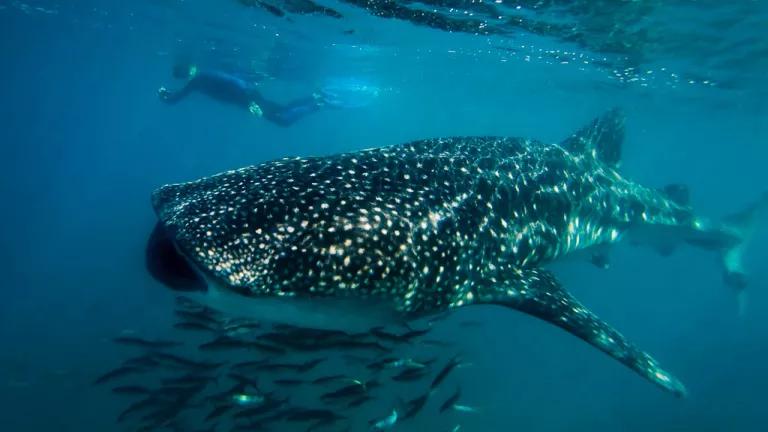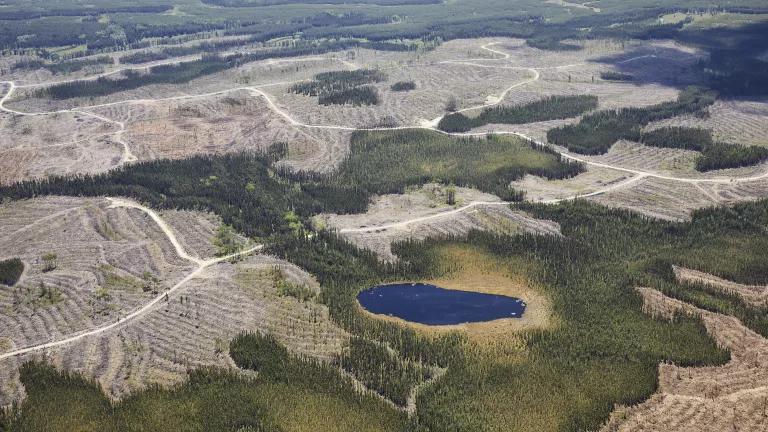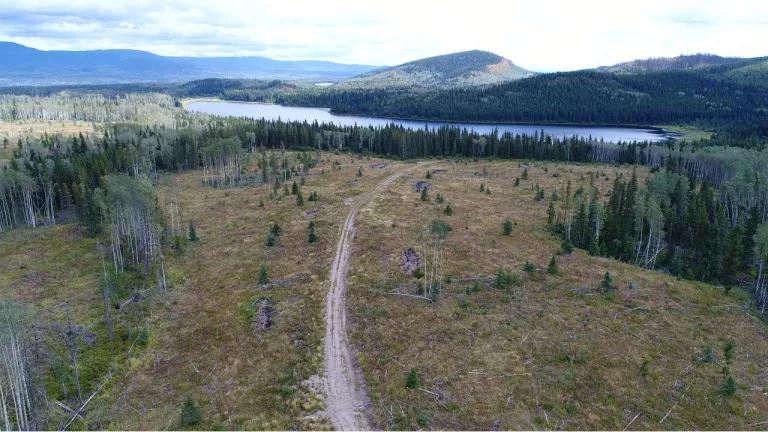Finding the Heart of the Rio+20 Earth Summit: A Growing Call for Action from Around the World

Ralph Lee Hopkins
As government leaders pour into Rio from all over the world, too much of the focus is on whether or not the Rio+20 Earth Summit will achieve a new text with commitments for the next decade. The governmental agreement is important, but with all the wrangling, backtracking and weakening of commitment, it is not the heartening part of this Earth Summit. To dig deeper and find the heart in the Rio+20 Earth Summit, we need to look at the public mobilization that is driving governments to take action. Especially when it comes to climate change, people around the world are bearing the costs of extreme weather that is damaging their health and homes. And when it comes to the concept of “green economy,” we are seeing a few examples where it is made clear that development that harms the environment, is also bad for our prosperity and future. Our leaders need to heed this public mobilization on behalf of our health and environment and that means translating the words of any agreement in Rio – and the many commitments that have come before – into action.
We have three good examples of public mobilization and action around the Rio+20 Earth Summit that show its more heartening side.
Ending fossil fuel subsidies: Many countries have made commitments to phase out fossil fuel subsidies and there is language on this issue that will hopefully make it into the Rio text in a strong way. But we have yet to see meaningful timelines, transparency, safeguards and action to transfer these subsidies from Big Oil and Coal to serve the needs of providing people with cleaner energy. So, what is promising about this issue and Rio? We have seen an immense public mobilization in the days leading to Rio sending a clear message to our leaders that they need to end fossil fuel subsidies. In the days prior to Rio, almost 1 million people signed a petition to end fossil fuel subsidies and in the public online dialogues prior to Rio, ending fossil fuel subsidies was voted as the number one priority. Today, hundreds of thousands of tweets with #endfossilfuelsubsidies are flying through the ether to let our leaders know we have their back if they stand up to the fossil fuel industry. In fact it is not too late to join the twitter storm – just put “#endfossilfuelsubsidies” in your tweet.
Protection of Cabo Pulmo, Mexico from a harmful development: Mexico stepped forward a few days ago as President Calderón rejected a harmful mega-tourism development proposed next to a National Marine Park and the most important coral reef in the Americas. What was remarkable about this rejection is that it was done on environmental grounds and the President made it clear that development that was bad for the environment is bad for the economy as well. The Earth Summit has the theme of “green growth” – but it is up to us to make that a meaningful term instead of a term to greenwash damaging development. Mexico’s action was important in that it reaffirmed that any country that wants to be a leader in the 21st century has to figure out a way to move forward with development that is good not just for short-term corporate profit, but for local communities, the environment and our children.
Reducing plastics pollution in the oceans: The pollution of our oceans by the plastics bags, bottles and other bits of debris has caught the public imagination. This blog by my colleague Leila Monroe tells the story of how local actions are critical for building momentum towards global action. Recently Los Angeles became the most recent city to ban plastic bags at supermarket checkout lines. Plastics pollution is just one of the many dangers facing our oceans and the public mobilization to rid our oceans of plastics is also helping raise awareness about acidification from carbon dioxide pollution and protecting biodiversity in the high seas. Just yesterday, the U.S. announced $1 million over the next three years to launch an international cooperative venture to support the creation of a global monitoring network on ocean acidification. And Australia recently announced the establishment of the world’s largest network of marine reserves and other countries need to follow suit.
But the lack of these types of examples shows that we need ways to track commitments to ensure that they turn into action. Too many governments and companies these days think that they can get away with promises and they rely on the difficulty of tracking to wiggle out of make those promises reality. The public role in oversight and holding our decision-makers and companies accountable is very real and very important. And the public mobilization to stress priorities such as fighting climate change, putting clean energy in place and protecting our oceans shows that such oversight is a job that we are ready to take on in Rio and beyond.
NRDC Blogs on the Rio+20 EarthSummit: http://switchboard.nrdc.org/earthsummit.php




